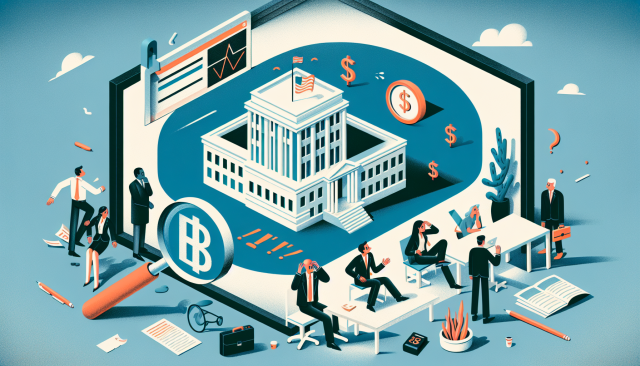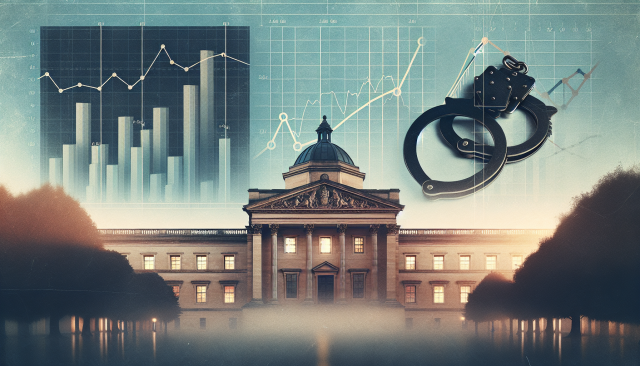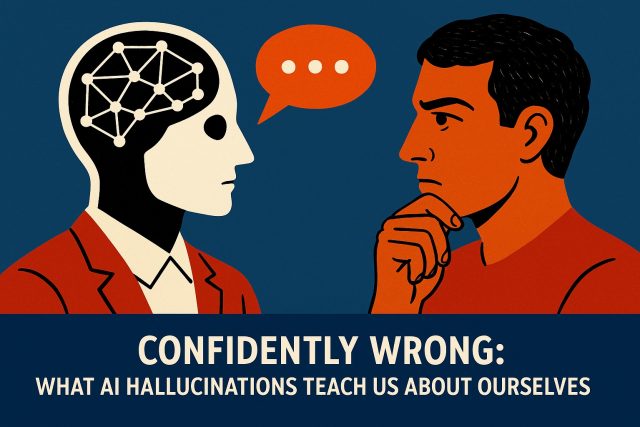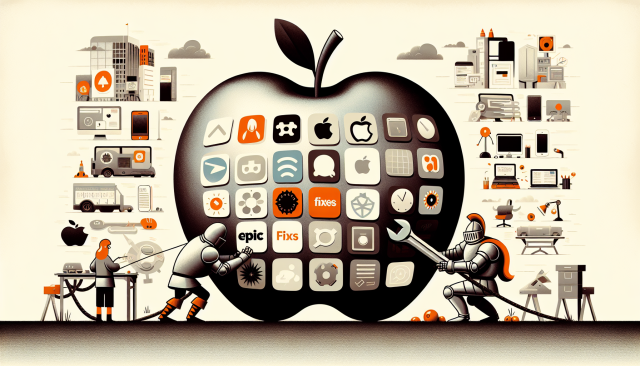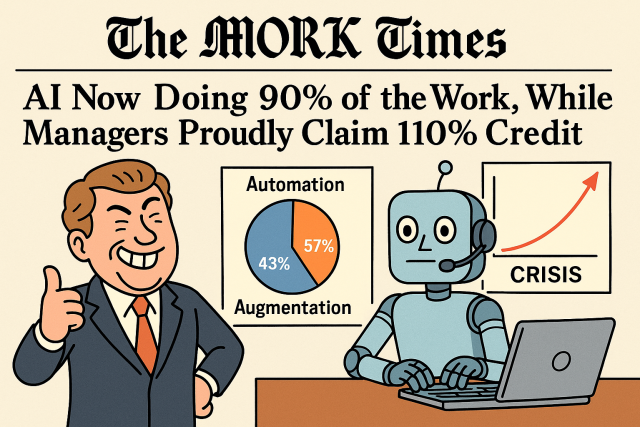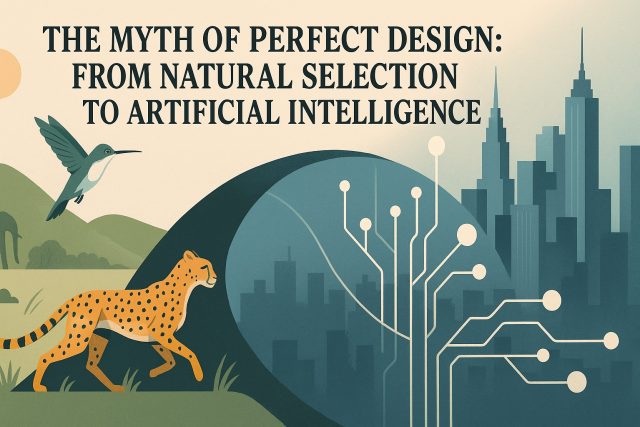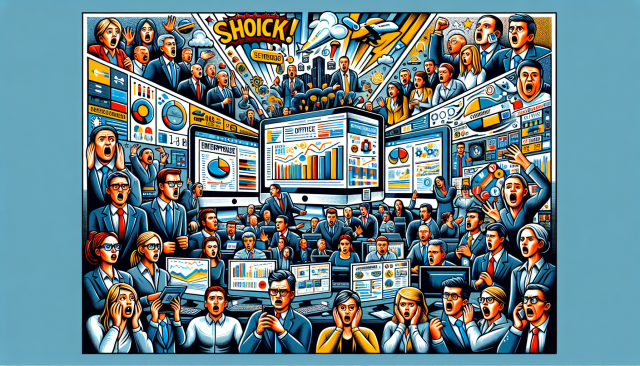After the Overnight Panic: How a White House Clarification Reset H‑1B Hiring and What Employers Should Do Next
After the Overnight Panic: How a White House Clarification Reset H‑1B Hiring and What Employers Should Do Next
In the span of a single news cycle, memos and social shares transformed measured compliance questions into a full-blown hiring emergency. Recruiters postponed interviews, hiring managers froze offers, and immigration teams fielded an avalanche of emails. The trigger: confusion over an H‑1B filing fee and whether it would affect pending petitions and planned hires. By morning, the White House stepped in with a clarification that effectively calmed the chaos.
From Headline to Hold — how a fee misunderstanding rippled through workplaces
Modern companies move at speed. A misinterpretation about a policy tweak — whether it concerned applicability, timing, or which employers were affected — can create disproportionate, instantaneous responses. When a widely circulated note suggested a new or differently applied H‑1B fee might hit petitions across the board, many employers reacted as if hiring would stop overnight. For organizations that rely on global talent pipelines, that sort of stop-start behavior is costly: project timelines slip, product roadmaps stall, and highly sought candidates become disengaged.
What happened in those hours was as much about perception and process as it was about policy. Human resources teams, legal departments, and hiring managers were presented with a binary choice: proceed as usual and risk noncompliance, or pause to seek clarity and potentially lose candidates. The result was a cascade of postponed starts and urgent calls for authoritative guidance.
The White House clarification: what it achieved
The administration’s clarification did three things quickly and effectively. First, it narrowed the interpretive uncertainty—making clear which filings would be affected and which would not. Second, it stressed the timeline and intent behind the policy change, reducing fears of retroactivity. Third, it gave practitioners a public touchstone to point to when communicating with candidates and internal stakeholders.
These actions restored operational confidence. Where hiring freezes and delayed offers were proliferating, teams were able to reopen pipelines, reassure candidates, and get back to the business of hiring. That rebound is meaningful: for many companies, even a few days of pause can break hiring momentum and push top candidates to competitors.
Why the confusion escalated so quickly
Three dynamics combined to magnify the initial ambiguity.
- Information velocity: In an always-on, always-connected workplace, partial information travels faster than the correction. A tentative interpretation spreads widely before clarification can be issued.
- Operational risk aversion: Legal and HR teams must prioritize compliance. When policy language is open to interpretation, the natural inclination is caution, which looks like stopping hiring or pausing transactions.
- Structural reliance on global talent: Many sectors — tech, life sciences, design, and engineered services — have deeply embedded reliance on overseas talent. Any threat to that pipeline feels existential and provokes strong reactions.
Put together, these forces explain why a fee question moved beyond a technical issue and became a workplace crisis within hours.
Beyond the immediate relief: what this episode teaches organizations
There are practical lessons here for every employer that hires international talent. The clarification solves the immediate problem, but the broader organizational challenge remains: how to manage policy uncertainty without compromising speed or integrity.
- Build communication protocols for policy noise.
Have a rapid-response playbook for policy statements that affect hiring. That means predefined messages for candidates and internal stakeholders that can be adapted and sent within hours. In the absence of a polished legal memo, straightforward transparency (what you know, what you don’t, next steps) keeps trust intact.
- Stress-test hiring pipelines for momentary interruptions.
Map critical hires and identify contingency plans: alternative candidates, temporary coverage, or adjusted timelines. Those redundancies reduce the real-world impact of policy surprises.
- Invest in proactive policy monitoring.
Assign a small cross-functional team to monitor developments and flag likely pain points. Early detection allows for measured internal decision-making rather than reactive shutdowns.
- Communicate candidly with candidates.
Top international candidates are evaluating not just offers but the hiring experience. Timely, transparent updates—even when the answer is still pending—signal stability and respect. That can be the difference between an accepted offer and a lost hire.
What this means for the labor market and diversity of talent
Clarity on procedural matters like filing fees matters because it preserves access to the global talent pool. When ambiguity injects delay or risk into the hiring path, the most mobile candidates will seek out environments that demonstrate predictable, efficient processes. Conversely, predictable policy administration encourages diverse recruitment from around the world and supports companies that depend on specialized skill sets not always available domestically.
There’s also a broader cultural point: workplaces that handle volatility well signal maturity. Candidates notice whether organizations can navigate uncertainty and still move forward. For companies competing in tight talent markets, that reputation — for steadiness and competence — becomes an asset.
A call for better institutional design
Policy clarity matters, and the speed with which the White House acted underscores that recognition. But clarity shouldn’t depend on last-minute clarifications. Institutions involved in immigration policy could reduce friction by investing in clearer transitional rules, better stakeholder communication channels, and more accessible guidance for how changes will be implemented in practice.
From the employer perspective, part of the answer is internal: design systems that absorb noise. From the public-policy perspective, the answer is design that anticipates how businesses and workers will interpret and react to technical changes.
Practical next steps for employers today
Now that the air has cleared, consider the following steps to fortify your hiring operations:
- Review any petitions or offers that were paused: prioritize communication with candidates to reaffirm timelines and next steps.
- Document lessons learned from the incident: what triggered the pause, who made decisions, and which communications worked.
- Update your rapid-response hiring playbook with templates and decision trees for policy uncertainty.
- Reassess critical hires at risk and implement contingency plans to mitigate future disruptions.
- Foster a culture of calm, evidence-based decision-making in moments of uncertainty. Panic spreads quickly; composure can be taught and practiced.
Looking forward
The episode is a reminder that policy and business are entwined. Governments do have to move, modify fees, and adapt enforcement. Business leaders and HR teams must adapt too, designing practices that keep momentum even amid shifting regulatory landscapes. The White House clarification fixed an acute problem this time, but the underlying lesson will echo: readiness and clarity are as essential to hiring as competitive compensation and a compelling mission.
In the end, the story is not only about a fee or a single night of panic. It’s about how organizations respond to uncertainty: with knee-jerk pauses or with resilient systems that preserve opportunities for candidates and continuity for companies. For those in the business of building teams, the choice is between being derailed by headlines or being steadied by strategy. The clarification was the immediate fix; the real work is making that steadiness a permanent feature of how we hire.
















